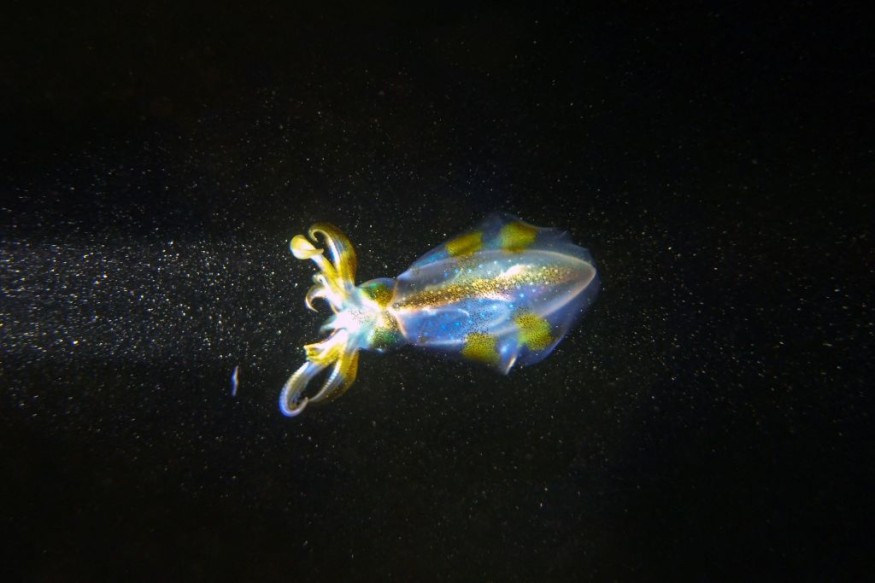
A group of investigators searching for the debris of a missing WWII cruiser vessel in the Western Pacific Ocean came to shore with yet another, and maybe more interesting find.
The mysterious big fin squid was detected at a depth of over 20,000 feet which is about hundreds and hundreds of feet further than to the former record keeper.
The Deepest Dwelling Big Fin Squid Caught on Cam
Wherein the explorers of the missing WWII cruiser vessel had a video footage of the possibly the best swimming squid yet known.
The fresh-faced big fin cuttlefish which is part of the extended families of Magnapinnidae began to be an incredibly quick world champion, navigating somewhere above the surface of the Philippine Trench at a truly astonishing 20,300 feet underneath the sea floor.
Blasting the earlier title holder which is also a whole other big fin squid swimming approximately 15,400 feet just under the Mediterranean Sea, out of the ocean.
According to the latest reports released the investigators simultaneously filmed four cirrate cephalopods or often referred to as dumbo cephalopods because of enormous elephant-ear-like flippers at the same range.
While Michael Vecchione the research co-author as well as a zoologist in the National Oceanic and Atmospheric Administration (NOAA) and Organizer of Octopuses at the Natural history museum Institution in Washington, D.C., said that it was just the second visit of dumbos that have been discovered at such depths, demonstrating that prior sightings of the baggy octopuses in the Java Sea would not be a coincidence.
"This plunge demonstrated that various kinds of cephalopods can continue living in at least the higher portion of some really shallow marine dugouts," he said.
Big Fin Squid Swims 20,000 Feet Under The Sea?
Vecchione said that the observations pose several problems, such as How can big fin squids properly handle to exist structurally and functionally at levels spanning between 3,200 to 19,600 feet.
In which air concentrations can sometimes be up to 600 times significantly higher than at the base of the pacific.
The big fin was discovered in March 2021, while experts were looking for the wreckage of a navy ship sunk named the USS Johnston, used in the Battle of Leyte Bay in 1944.
The experts videotaped their journey to the depth of the Philippine Riverbed, wherein researchers studied for some more nearly four hours, through using controlled remotely operated DSV Limiting Factor, the very same kind of space ship used among adventurer Victor Vescovo to go to the depths of the Mariana Trench in June 2020.
The big fin octopus was discovered somewhere above the water floor by the researchers.
Surprisingly even though the submersible was too elevated to picture the octopus in precision, the investigators seem to have been eligible to identify it by seeing indicative traits like as the squid's exceptionally big back flippers and peculiar swimming orientation.
Since the squid's tendrils were so small, the investigators surmised that the deep-sea mollusk was a youngster.
© 2025 NatureWorldNews.com All rights reserved. Do not reproduce without permission.





